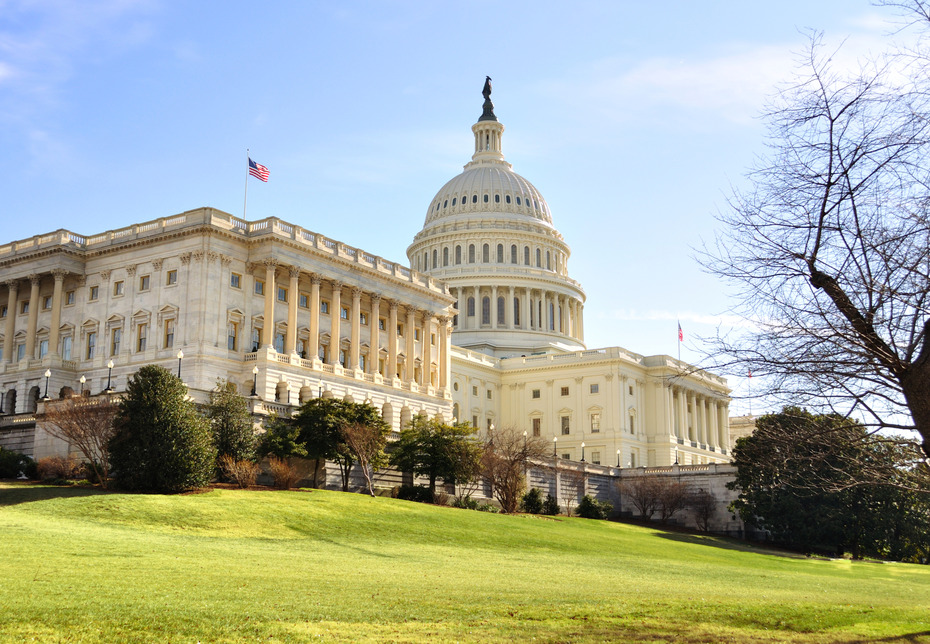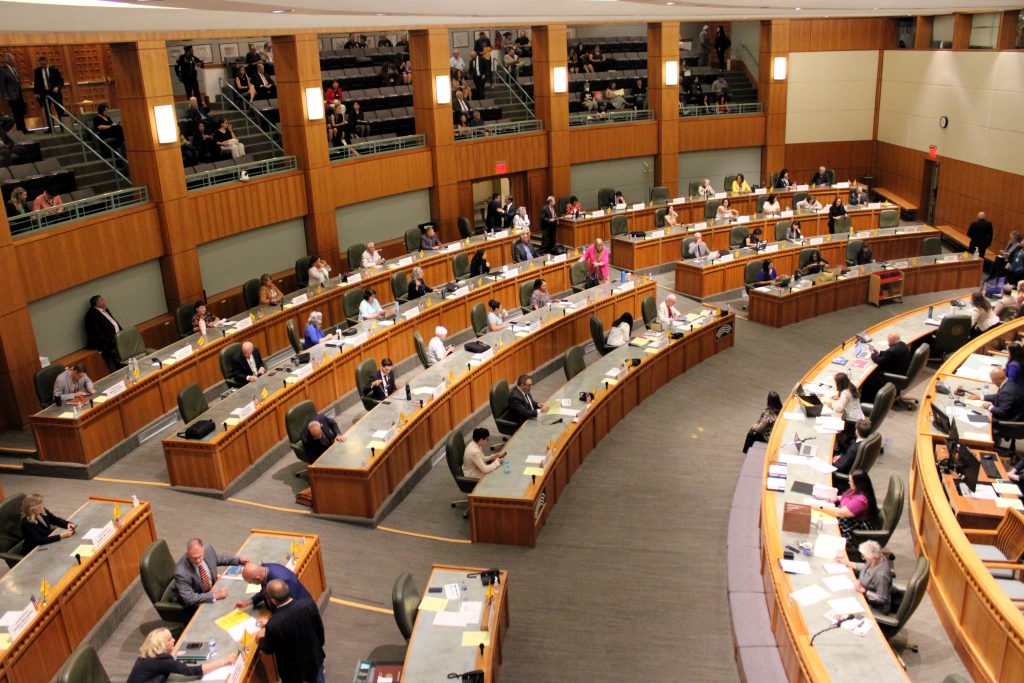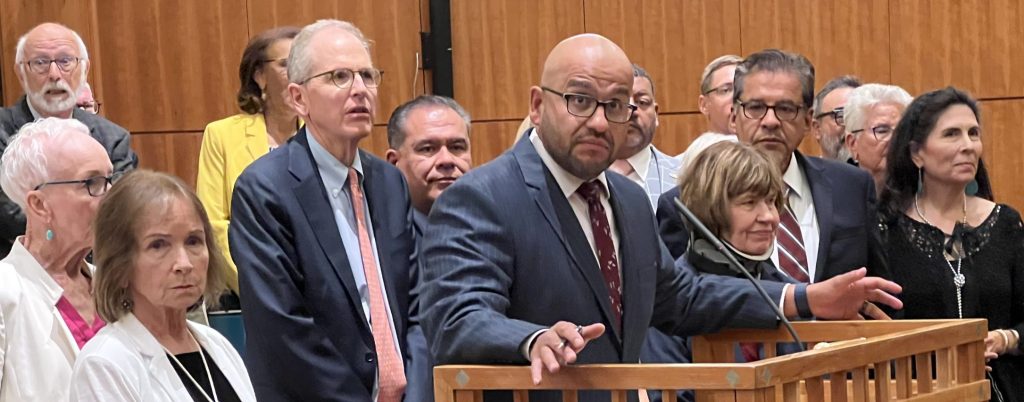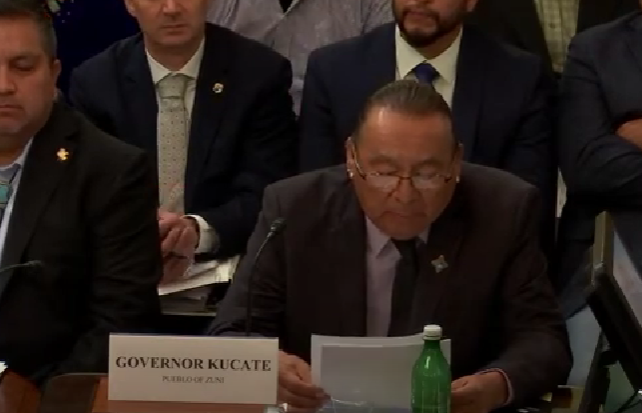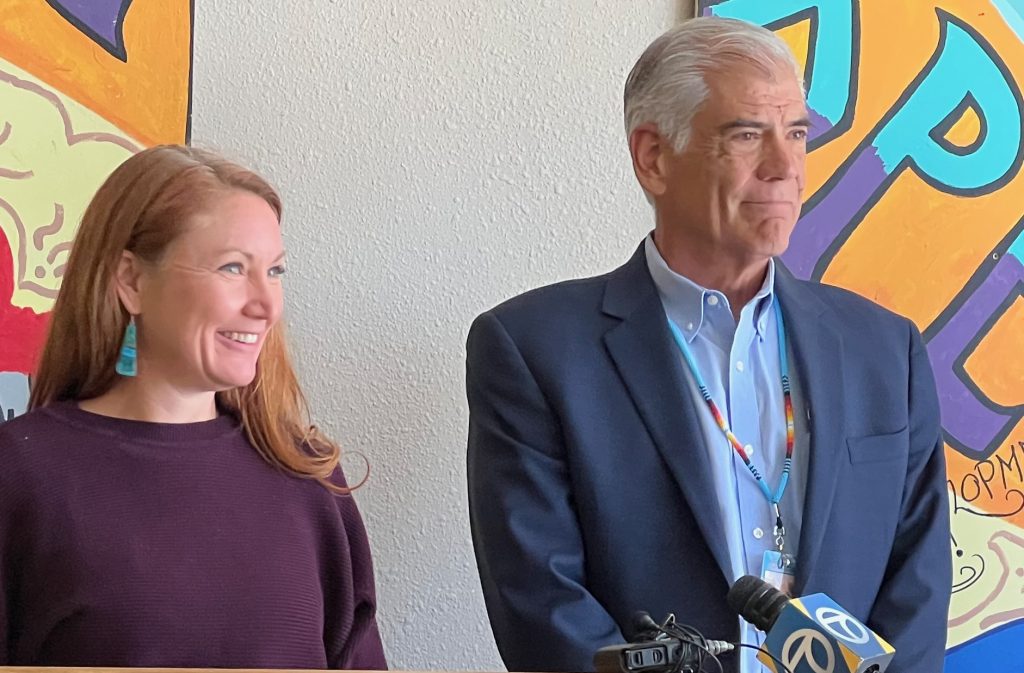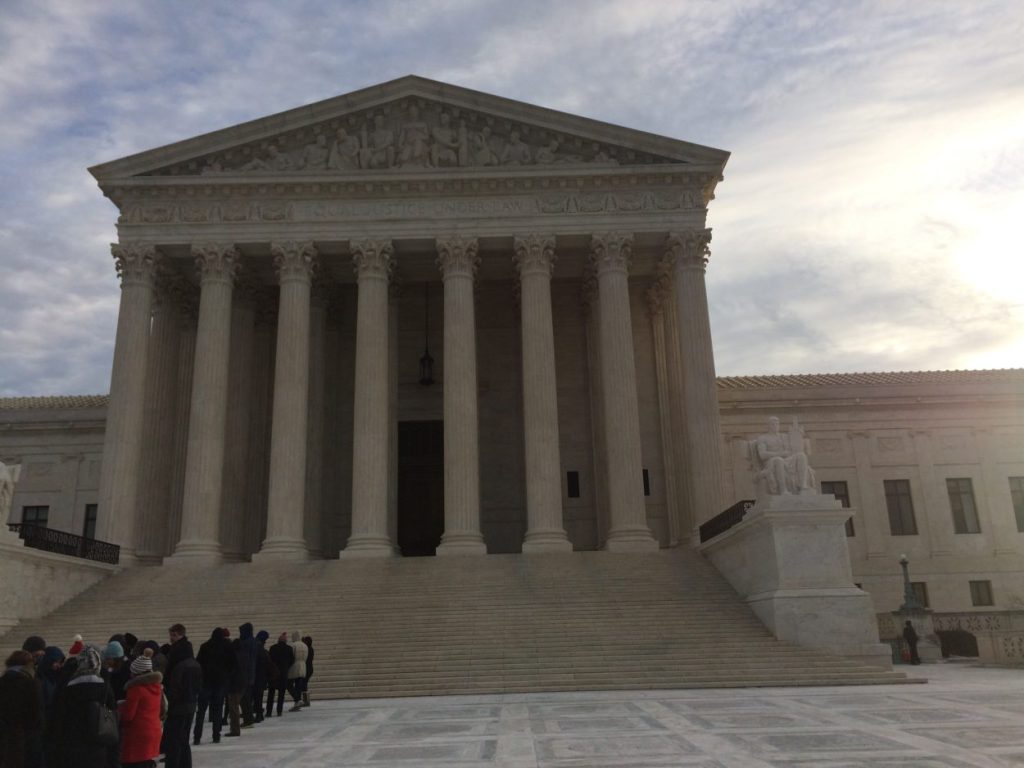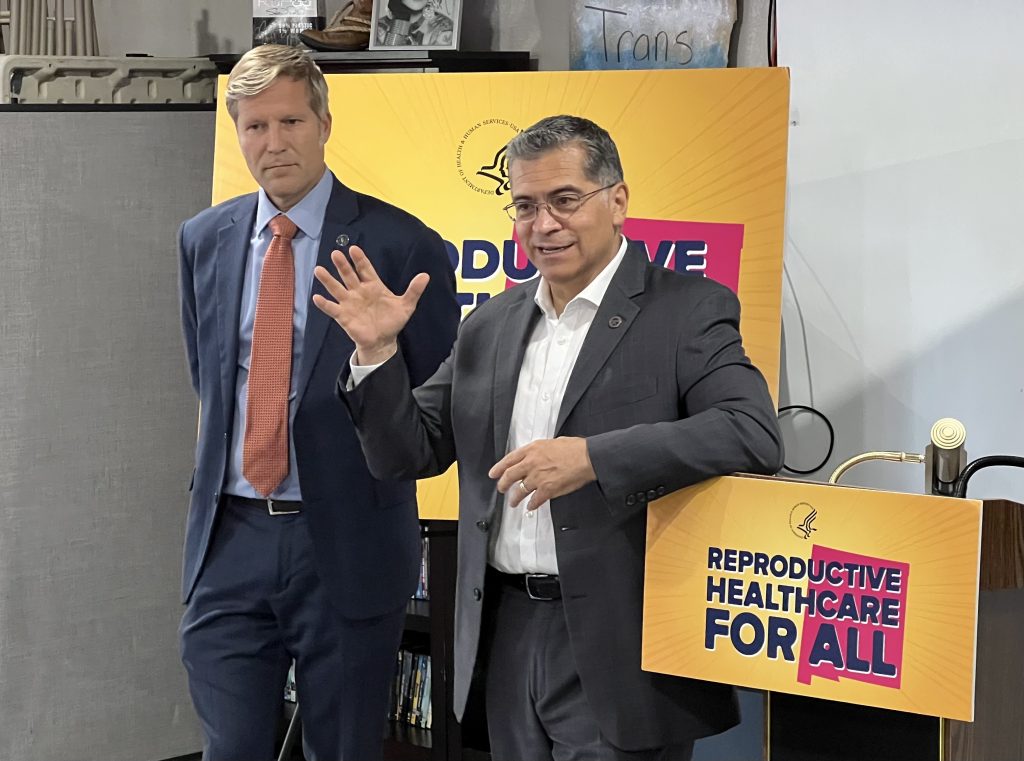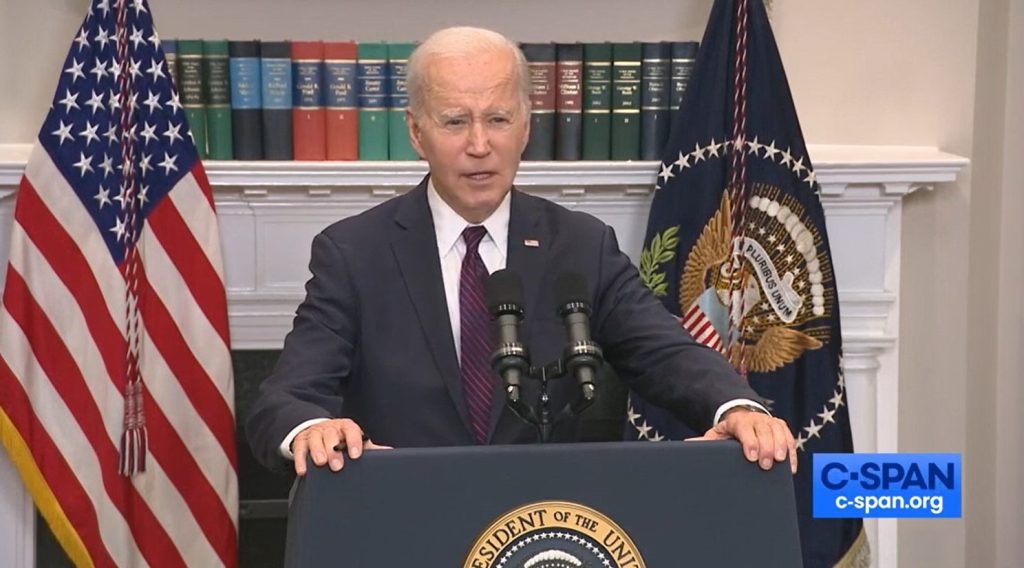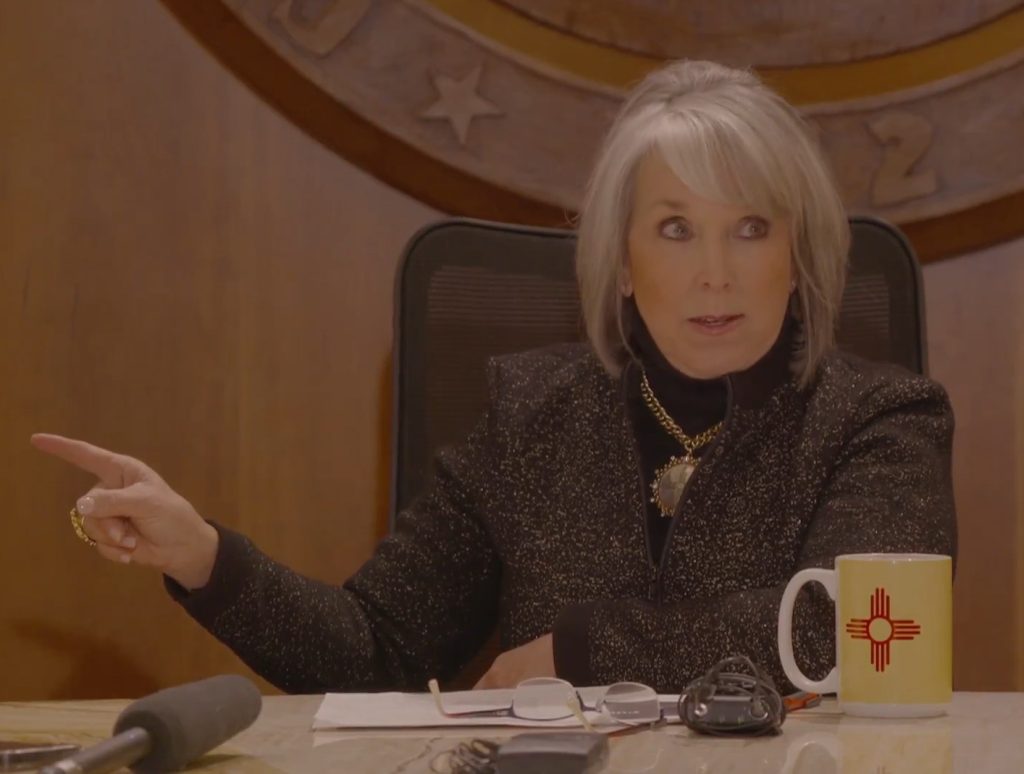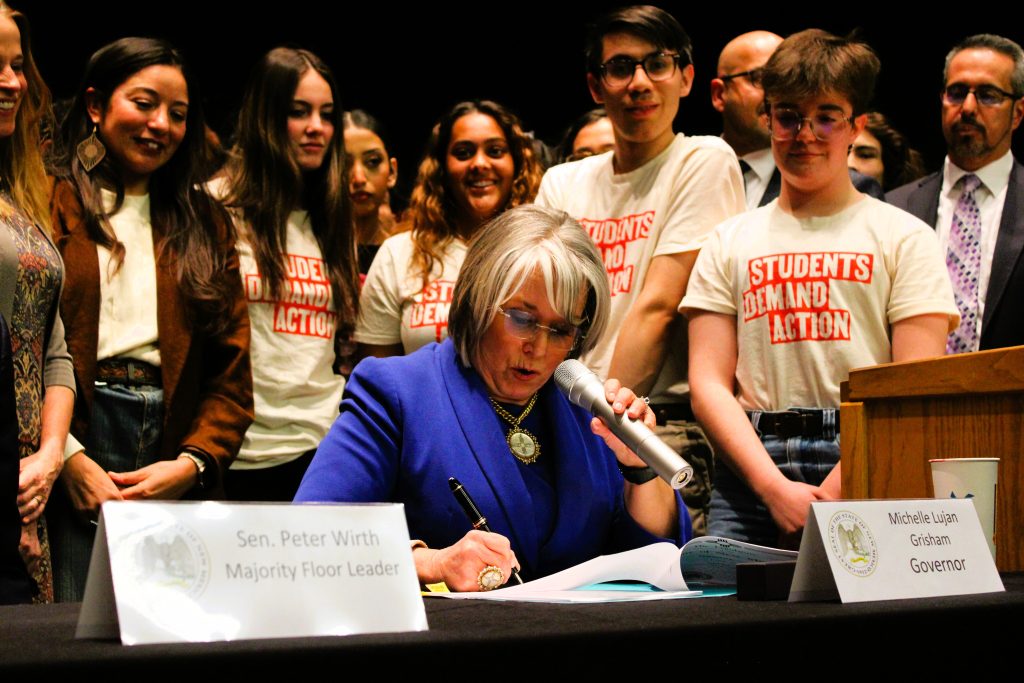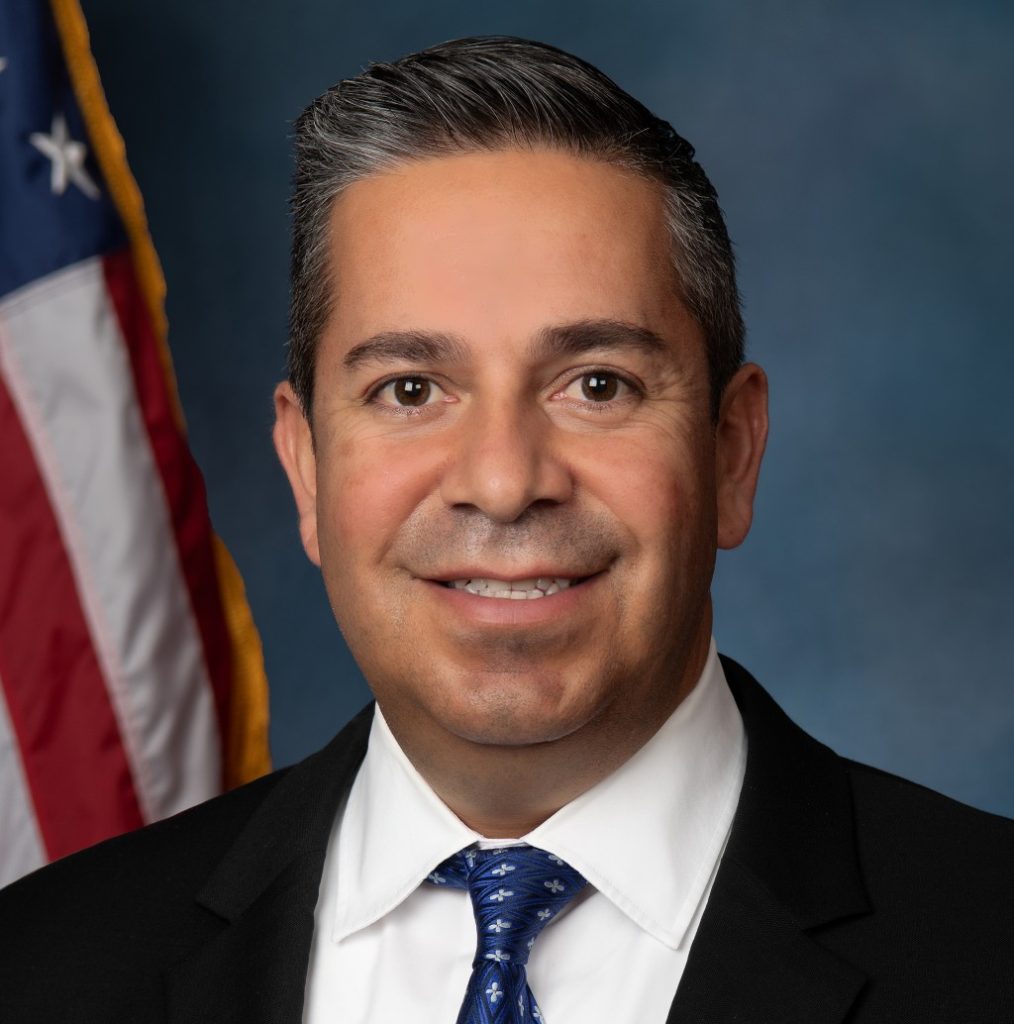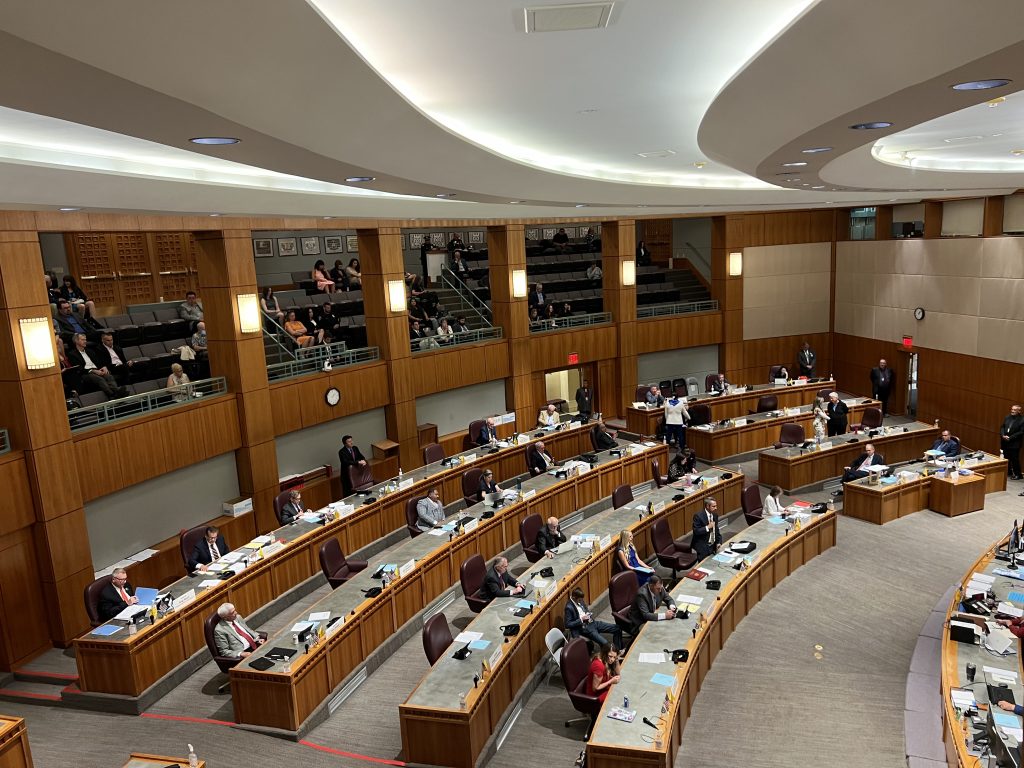[box type=”info” style=”rounded”]RICK LASS is a graduate of St. John’s College and a veteran of New Mexico politics. A former Green Party candidate for the PRC, Lass is heavily involved in good government and voting rights issues and runs the blog www.votingmatters.net[/box]
Happily, someone in the main stream is talking about the possibilities of a multiparty system. Blogger Philip Bump has a brief piece in the Washington Post imagining our Congress divided into four parties, based on how current members voted on the recent budget bill. From the article:
If we assign members of Congress to political parties based on the spending votes, we end up with four parties. The Liberals bucked the Democratic president to oppose the spending package. The Democrats voted for it. The Republicans followed Boehner and McConnell’s lead. The Conservatives didn’t.
Complete with maps and heavy on speculation, the article focuses on how legislation would be passed, with coalition building required on most issues. It also discusses how campaigning might be different, specifically mentioning how a four way Presidential debate might appear – in his scenario featuring Hillary Clinton of the Democrats, Elizabeth Warren as a Liberal, Jeb Bush the Republican, and Ted Cruz as a Conservative. He ends his piece with “What’s not to like?”
Well, I like the idea very much. While Bump’s article almost seems to say how much more interesting his job as a political journalist would be, I see real benefits to the nation. Rather than envisioning a multiparty system as arriving from a split in the existing parties, I envision it as arising with grassroots support of newer parties like the Populists or Greens on one hand and the Libertarians or Tea Party on the other.
And the benefit would not be in the entertainment value of the new system, but rather that voters and citizens would actually feel represented by some members of Congress, and Congress might actually do something of benefit to everyday Americans. Imagine a Congress that bailed out homeowners instead of mortgage companies, or opted for health care for all instead of health insurance for all.
These and many other policy options are not even being contemplated in our current system. We are glad the Post raised the idea of multiparty democracy, and we hope people will begin to demand the reforms to make it happen.
[box type=”note” style=”rounded”]Originally published at www.votingmatters.net; Reproduced with permission from the author.[/box]

